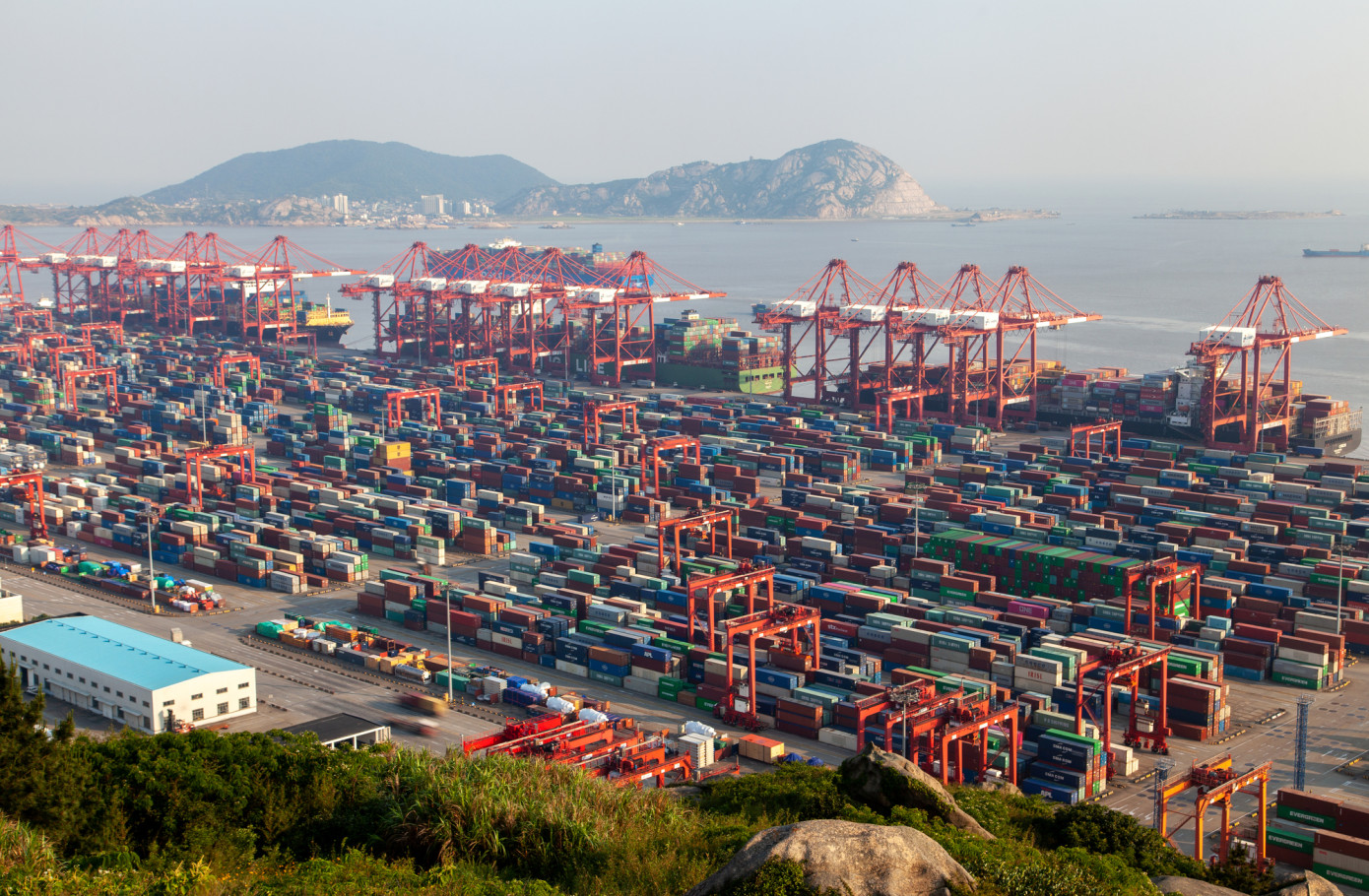China's economic recovery remains slow despite attempts by its government to stimulate growth. Official data released on Thursday revealed sluggish progress, particularly in the property sector and fixed-asset investments, which have been key drivers of the world's second-largest economy.
Fixed-asset investment grew by 3.6% from January to July compared to the previous year, down from the 3.9% increase reported in the first half of 2024. Property investment dropped 10.2% during the same period, highlighting ongoing difficulties in the real estate sector.
Consumer spending showed some positive signs. Retail sales in July rose 2.7% compared to the same month last year, an improvement from June's 2% increase. This uptick exceeded economists' expectations, reflecting a gradual rise in consumption following recent government measures to encourage household spending.
The WSJ cited Bruce Pang, an economist at Jones Lang LaSalle, who noted that "the impact of China’s pro-investment policies is weakening, while the effect of pro-consumption policies is slowly rising."However, concerns remain as consumers focus their spending on dining and entertainment while cutting back on more expensive items like cars and jewelry.
The housing market remains a significant challenge. New-home prices in 70 major cities dropped by 5.3% in July compared to a year earlier, accelerating from a 4.9% decline in June. Sales of new homes by value fell 25.9% in July, though they saw a slight recovery from June's figures.
Economists predict that the downturn in property investment will continue for several years. J.P. Morgan’s chief China economist, Haibin Zhu, lowered his forecast for China's gross domestic product (GDP) growth this year to 4.7%, down from 5.2%, reflecting the ongoing difficulties in the real estate market.
Despite efforts by Beijing, including a $42 billion relending program to reduce the housing backlog, uptake has been slow. By the end of June, only 4% of the allocated funds had been used, as banks were reluctant to lend to state-owned companies.
China's leadership remains cautious about large-scale fiscal stimulus, focusing instead on targeted measures while facing challenges such as rising government debt and declining land-sale revenues. Recent suggestions by the International Monetary Fund (IMF) for a $1 trillion housing rescue plan were rejected by Chinese authorities, who are wary of setting expectations for future government interventions.
Economic challenges continue to impact household and corporate spending. Technology giant Tencent Holdings reported weaker earnings due to "slow consumption spending," with users becoming more budget-conscious. Additionally, loans to China's real economy contracted in July for the first time in 19 years, fueling fears of a prolonged economic slowdown.
Other economic indicators also reflected the sluggish recovery. Industrial output growth slowed to 5.1% in July from 5.3% in June, and urban unemployment rose slightly to 5.2% from June's 5.0%.
